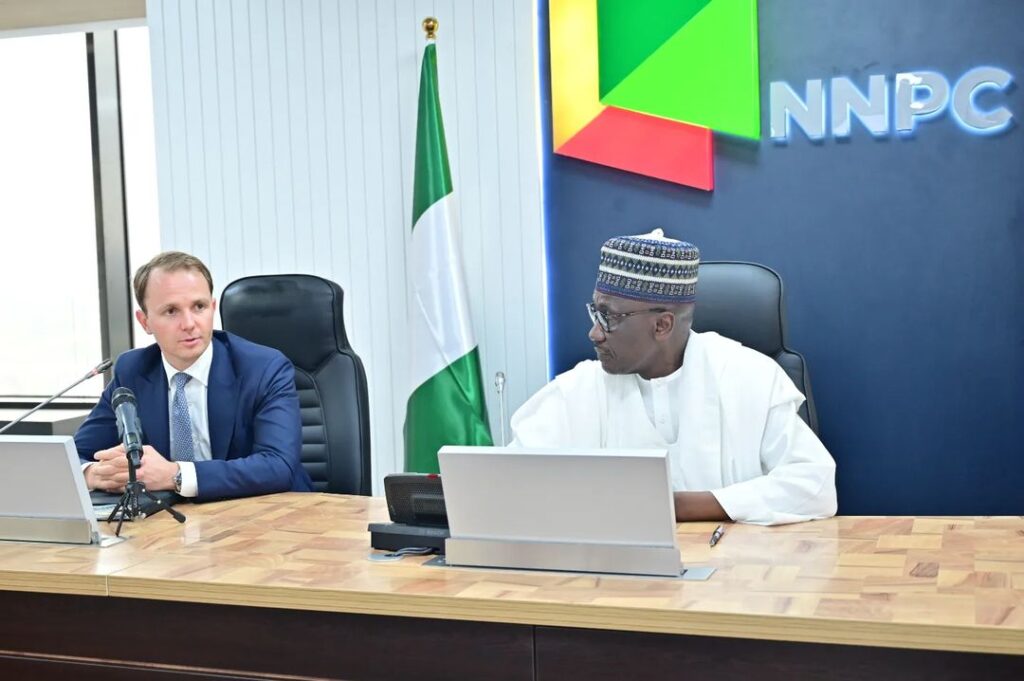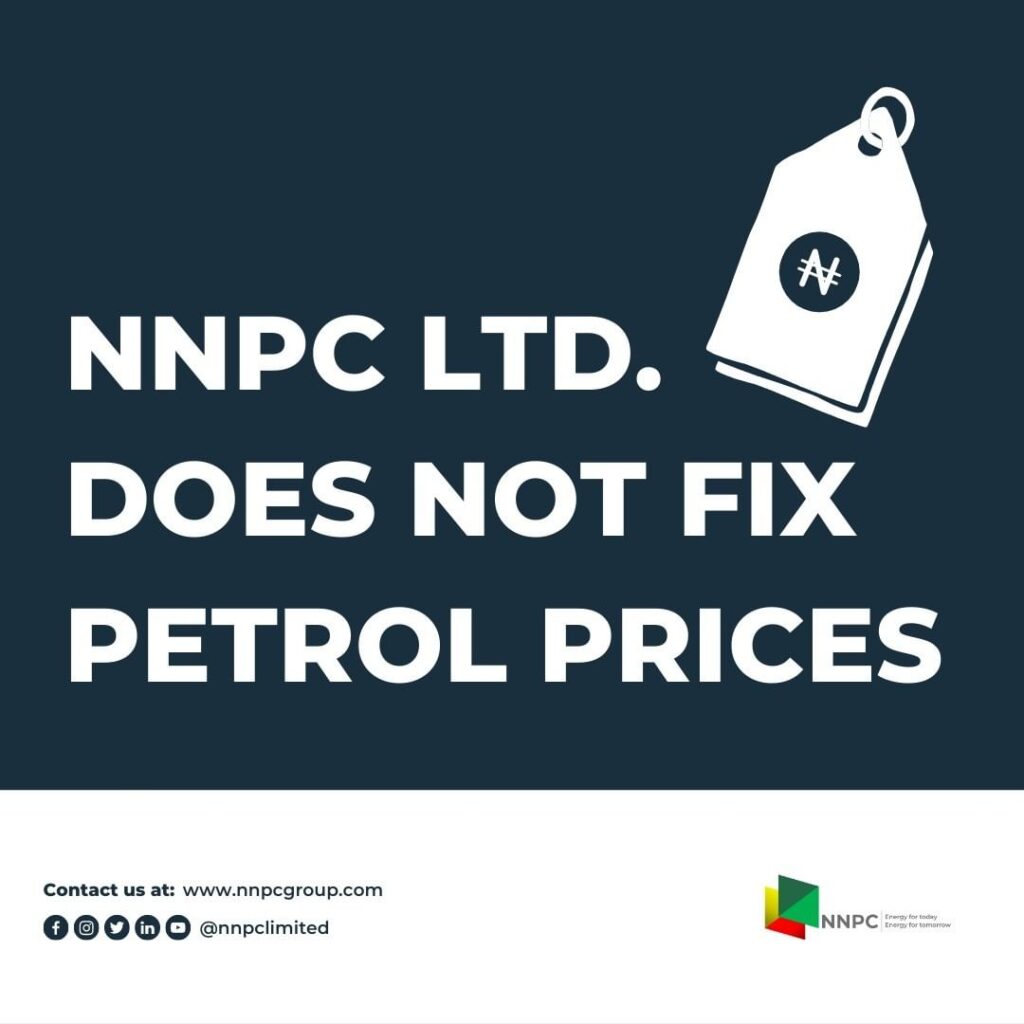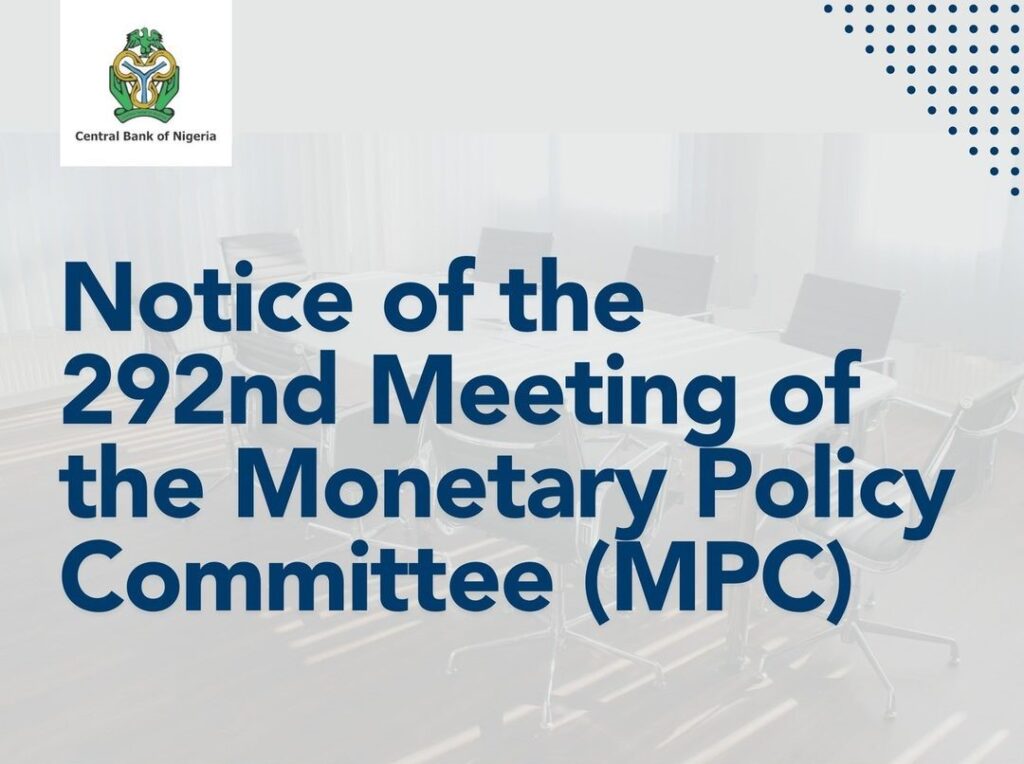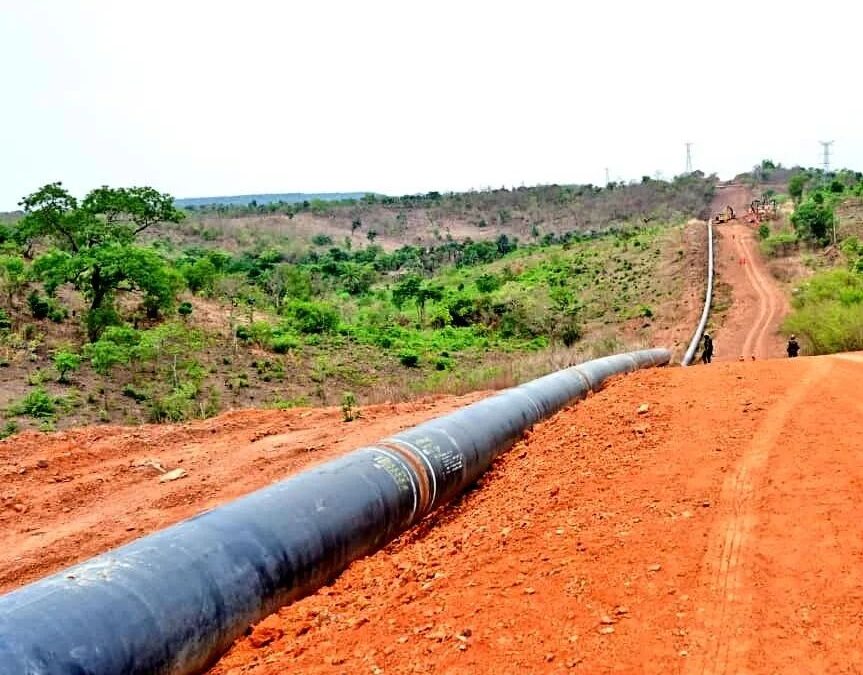
BY Emmanuel Chidera Amoke
Very recently, Nigeria has been bustling with fear of an irredeemable economic recession. The Internet has been flooded with threats, calls, and news of protests across the various parts of the country.
This development is a consequence of the increase in fuel price, and the increased devaluation of the Naira currency. You’ll recall that last week Tuesday, 18th July, the whole nation was hit with the abrupt increase in petroleum price. fuel price rose to N617 per liter at various outlets of the NNPCL across the 36 states, and Abuja. Whereas, just the day before, the official Naira rate started at ₦782.79 for every one dollar. Today, Naira is at ₦792.61 per dollar.
The NNPCL boss, Mallam Mele Kyari, claims that the hike in fuel price has nothing to do with supply. According to him, there are enough petroleum products to be distributed for as long as. In his statement, the price increase is instead a result of the deregulation of the oil sector. He asserts that market realities will henceforth, force the price of petrol up sometimes and at other times force it down.

“This is really what is happening; this is the meaning of making sure that the market regulates itself so that prices will go up, and sometimes they will come down as well. This is what we have seen, and in reality, this is what (how) the market works,”.
On the other hand, the CBN has also introduced the free-float on Naira policy. This means that Nigeria has relaxed its control over Naira, allowing it to float freely. A free-floating exchange rate will mean the government letting the exchange rate be decided by market forces without the central bank’s influence.

Nigerians are feeling the pinch already, as it’s not just the economy that’s suffering. The ripple effects of these policies are hitting hard, driving up transportation fares and pushing prices of goods and services through the roof, apparently increasing the standard and cost of living.
The nation is afloat with complaints, and Nigerians from all walks of life have since, cried out in frustration. Some celebrities have shared their stories just to identify with the ordinary citizens, with claims of how the hardship has also affected them. But still, all we notice is the wide discrepancy between a big man’s problem and a poor man’s problem.
It’s actually normal for Nigerians to start developing coping mechanisms to better adjust to conditions. People have started cutting down on their living expenses. One of these noticeable adjustments is the significant decongestion on the roads. Many car owners now opt for public transportation, abandoning their personal vehicles. Families, once reliant on multiple cars, have now adjusted to managing one.
A few organizations too have taken a stand against these policies. Protests have emerged, with a unified call for the government to seek better solutions to the existing economic crisis, rather than implementing policies that heighten it.
Highlights of such protests is the Civil Society Organizations protest staged in Edo state this morning. The Organization took to the streets to protest over the continuous hike in petrol pump prices, admonishing the Federal government to start by reducing the cost of Governance, and fixing our refineries rather than increasing fuel price. They also ask that the government allow the poor to breathe, as the petrol pump price is choking poor Nigerians.
This collective voice highlights the urgent need for change and a more sustainable approach to the nation’s economic challenges.
Related posts
Reviews
Follow Our Activities On Facebook
12 hours ago
13 hours ago
14 hours ago
16 hours ago
19 hours ago
SUBSCRIBE
[mc4wp_form id=”2012″]
Top Reads!
#BigBrotherNaija “Level Up” Week 6
Though last Sunday Sunday was meant to be a “no-eviction” day, it came as a shocker when fake housemate, Modella…
Dating in 2022; Situationships Are Not For The Fainthearted
Situationships are defined as that space between a defined relationship and something other than a friendship. It is a romantic…
20 Questions With Dinta Media’s Visual Storyteller, Chimeremogo Nwoke
Dinta Media is not really just a media production brand but we like to see ourselves as a hub for…
How Are Nigeria’s Small Businesses Coping?
The current rising rate of inflation and other burdens against the Nigerian economy speaks to the realities of the times.
Thrifting Is All The Rave Now, Here’s Why
By Amy Adindu The affordable clothing movement has gained global attention and acceptance as we’re all trying to look like…
#BigBrotherNaija “Level Up” Week 2
Week 2 of the highly watched Nigerian TV show kicked off with an early plot twist. On Sunday, Big Brother…
#BlueTunes: Burna Boy, Omah Lay Top Album Picks For July
July was a promising month for music lovers; from Lizzo’s album titled Special and Imagine Dragons’ Mercury, (Acts 1 &…
#BlueTunes Album Picks For June
Gbagada Express – Boj Bolaji Odojukan, popularly known as BOJ, was raised both in England and Nigeria. He shot to…
“A Creative’s Dream” with Jeff Chinonso
On the 26th of June 2022, Jeff Chinonso hosted his first solo art exhibition. The Augmented Reality exhibition themed “A…
Nigerian API-based company Thepeer raises $2.1 million
Tech infrastructure startup Thepeer has raised a $2.1 million seed round according to a report from TechCabal. Thepeer, a Nigerian…
Dika Ofoma, Ugochukwu Onuoha take on grief in Debut Film “The Way Things Happen”
The twenty-minute film focuses on the loss of a loved one, and how grief changes a person.
Nigerian Startups might just be Crippled by a Recently Leaked bill
Over the years there has been talks of amendment on the 2007 Act of the National Information & Technology Agency (NITDA).
Why We Love Kelechi Amadi Obi
The definition of talent is Kelechi Amadi’s iconic story. Imagine a person who studies law in school, gets called to Bar, and leaves it all for something different and unrelated…Painting!

















